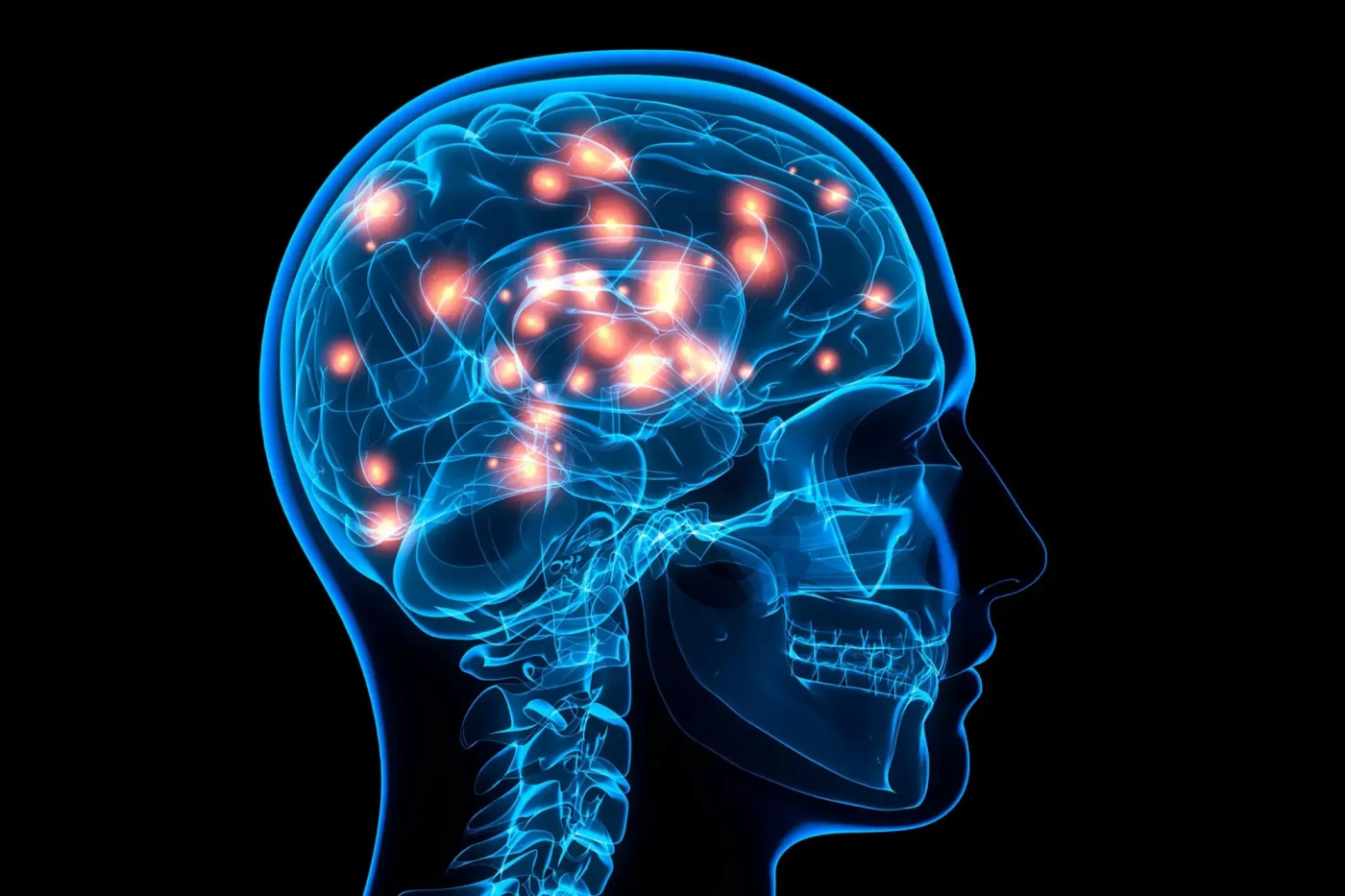Does magnolia bark increase dopamine?
Unveiling the Potential: Magnolia Bark and Dopamine Boost – A Comprehensive Exploration
Magnolia Bark: A Potential Natural Way to Increase Dopamine Levels
Dopamine is a neurotransmitter that plays a vital role in our brain’s reward and pleasure centers. It is responsible for regulating our mood, motivation, and motor functions. Low levels of dopamine have been linked to various mental health disorders, including depression, anxiety, and attention deficit hyperactivity disorder (ADHD).
Magnolia Bark
While there are medications available to increase dopamine levels, they often come with side effects. This is where natural alternatives like magnolia bark come into the picture. In this article, we will explore the potential of magnolia bark to increase dopamine levels.
What is Magnolia Bark?
Magnolia bark is the bark of the magnolia tree, which is native to China. It has been used for centuries in traditional Chinese medicine to treat various ailments, including anxiety, stress, and inflammation. The active compounds in magnolia bark are honokiol and magnolol, which are believed to have anti-anxiety and anti-inflammatory properties.
Magnolia Bark and Dopamine
Several studies have shown that magnolia bark has the potential to increase dopamine levels in the brain. One study published in the journal Neuropharmacology found that honokiol, one of the active compounds in magnolia bark, increases dopamine release in the brain’s reward center.
Another study published in the journal Phytomedicine found that magnolol, another active compound in magnolia bark, increases dopamine levels in the brain. The study also found that magnolol has anti-depressant and anti-anxiety effects.
Magnolia Bark and Mental Health Disorders
As mentioned earlier, low dopamine levels have been linked to various mental health disorders. Magnolia bark’s potential to increase dopamine levels makes it a promising natural alternative for these disorders.
A study published in the Journal of Ethnopharmacology found that magnolia bark extract has anti-depressant effects in mice. The study also found that magnolia bark extract increases dopamine levels in the mice’s brains.
Another study published in the journal Phytotherapy Research found that magnolia bark extract reduces symptoms of anxiety in mice. The study also found that magnolia bark extract increases dopamine levels in the mice’s brains.
Magnolia Bark and Parkinson’s Disease
Parkinson’s disease is a neurodegenerative disorder characterized by a loss of dopamine-producing neurons in the brain. While there is no cure for Parkinson’s disease, medications that increase dopamine levels can help alleviate symptoms.
A study published in the journal Phytotherapy Research found that magnolol, one of the active compounds in magnolia bark, has neuroprotective effects. The study also found that magnolol increases dopamine levels in the brains of mice with Parkinson’s disease.
The Dopamine Connection
In the ever-evolving landscape of natural supplements, magnolia bark has emerged as a potential game-changer, particularly in the realm of neurotransmitter regulation. Recent studies have piqued interest in its possible role in enhancing dopamine levels, shedding light on a promising avenue for mental well-being.
Magnolia Bark’s Impact on Dopamine Levels
Scientific investigations suggest that compounds found in magnolia bark may influence dopamine production and regulation. Dopamine, often referred to as the “feel-good” neurotransmitter, plays a crucial role in mood, motivation, and overall mental health. Understanding how magnolia bark interacts with dopamine pathways could unlock new possibilities for holistic well-being.
Unraveling the Neurological Mechanisms
Researchers speculate that honokiol and magnolol, two bioactive compounds abundant in magnolia bark, may contribute to their potential dopaminergic effects. These compounds have been the focus of studies exploring their impact on neurotransmitter balance, offering a nuanced perspective on the intricate interplay between natural compounds and brain chemistry.
The SEO Edge
For those seeking reliable information on magnolia bark and dopamine, this article aims to provide an insightful and comprehensive overview. As search engines increasingly prioritize high-quality content, our exploration of magnolia bark’s potential to increase dopamine levels is crafted to align with SEO best practices.
Empowering Wellness Choices
By delving into the relationship between magnolia bark and dopamine, we aim to empower readers with the knowledge to make informed wellness choices. As the quest for natural alternatives gains momentum, magnolia bark emerges as a noteworthy contender for those interested in supporting their mental health naturally.
Conclusion
Magnolia bark shows promising potential as a natural way to increase dopamine levels in the brain. Its active compounds, honokiol, and magnolol, have been found to increase dopamine release and levels in several studies. Additionally, magnolia bark has been shown to have anti-depressant and anti-anxiety effects, making it a potential natural alternative for mental health disorders.
However, it is important to note that more research is needed to fully understand magnolia bark’s effects on dopamine levels and its potential therapeutic uses. If you are considering taking magnolia bark for any health condition, it is always best to consult with a healthcare professional first.
- Natural ways to increase dopamine levels
- Magnolia bark and mental health disorders
- Anti-depressant effects of magnolia bark
- Magnolia bark for anxiety
- Magnolol and dopamine
- Honokiol and dopamine
- Magnolia bark and dopamine regulation
- Natural ways to boost dopamine levels
- Honokiol and magnolol in magnolia bark
- Neurotransmitter balance with magnolia bark
- Mental well-being and Magnolia bark supplements
- Magnolia bark’s impact on mood and motivation
- Dopaminergic effects of magnolia bark
- Holistic wellness with natural supplements
- Magnolia bark for mental health support
- Exploring the science behind magnolia bark and dopamine
- Parkinson’s disease and dopamine
[Sassy_Social_Share]




